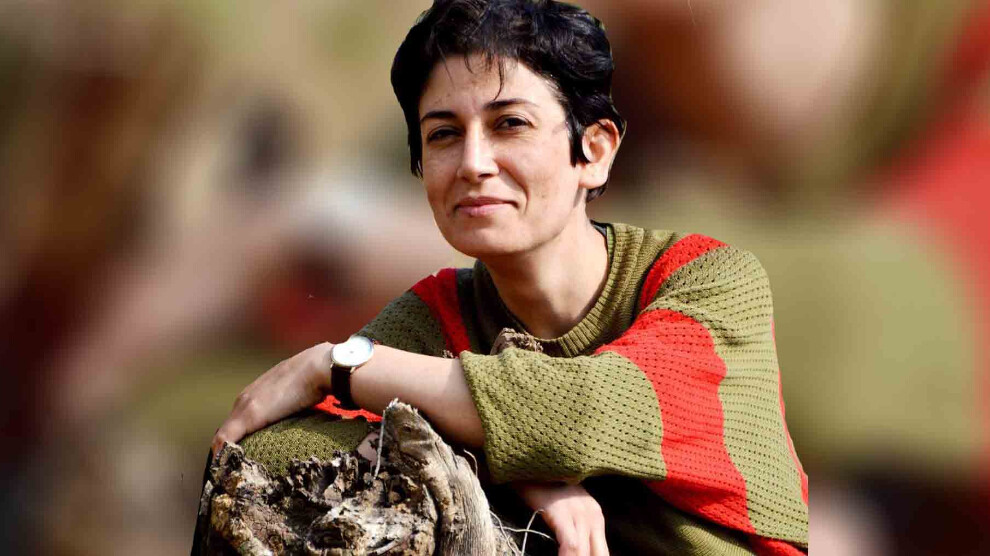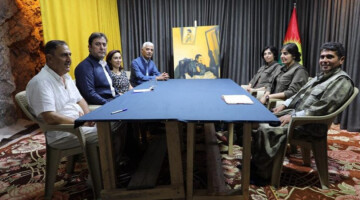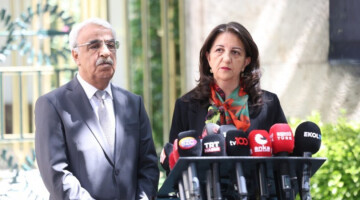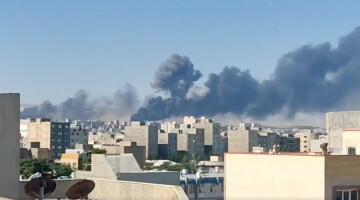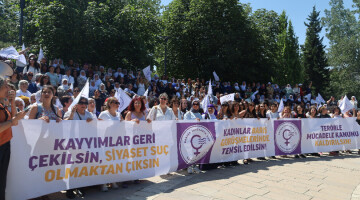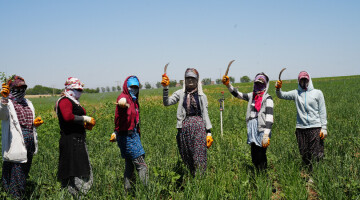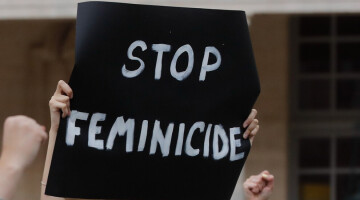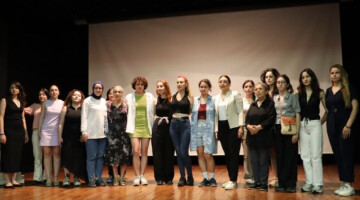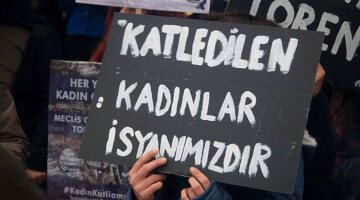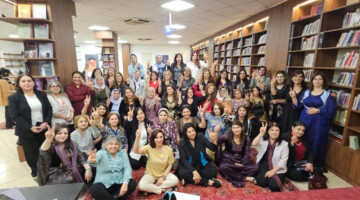Pakhshan Azizi, a Kurdish former political prisoner and social work graduate from the University of Allameh Tabatabaei in Tehran, is due to stand trial in the Islamic Revolutionary Court in Tehran in the coming weeks, according to the notice she has received.
Accused of “membership of one of the opposition parties”, Azizi is currently being held in temporary detention in the women’s ward of Evin Prison in Tehran, the Kurdistan Human Rights Network (KHRN) reported.
Security interrogators subjected the activist to physical and psychological torture during her four-month detention in Ward 209 of Evin Prison, according to the Kurdistan Human Rights Network.
During her detention, Azizi went on hunger strike to protest the torture and pressure used by the Ministry of Intelligence to extract forced “confessions” and force her to accept the accusation of “membership of one of the opposition groups”.
Despite the torture and pressure, she rejected all the accusations and stated that she had only worked as a social worker and translator in conflict zones for several years.
The activist was denied access to legal representation during her recent detention in Evin’s Ward 209.
Azizi, from Mahabad, West Azerbaijan Province, was arrested in Tehran on 4 August along with several members of her family by agents of the Ministry of Intelligence.
While the detained family members were released after a few days of interrogation, Azizi was taken to Ward 209 of Evin Prison.
On 11 December, at the end of her interrogation in Ward 209 of Evin Prison, she was transferred to the women’s ward of Evin Prison.
Azizi was first arrested by security forces on 16 November 2009 during a gathering of Kurdish students at Tehran University to protest against politically motivated executions in Kurdistan, and was released on bail after four months.
She had been living in the Kurdistan Region of Iraq for the past few years.

